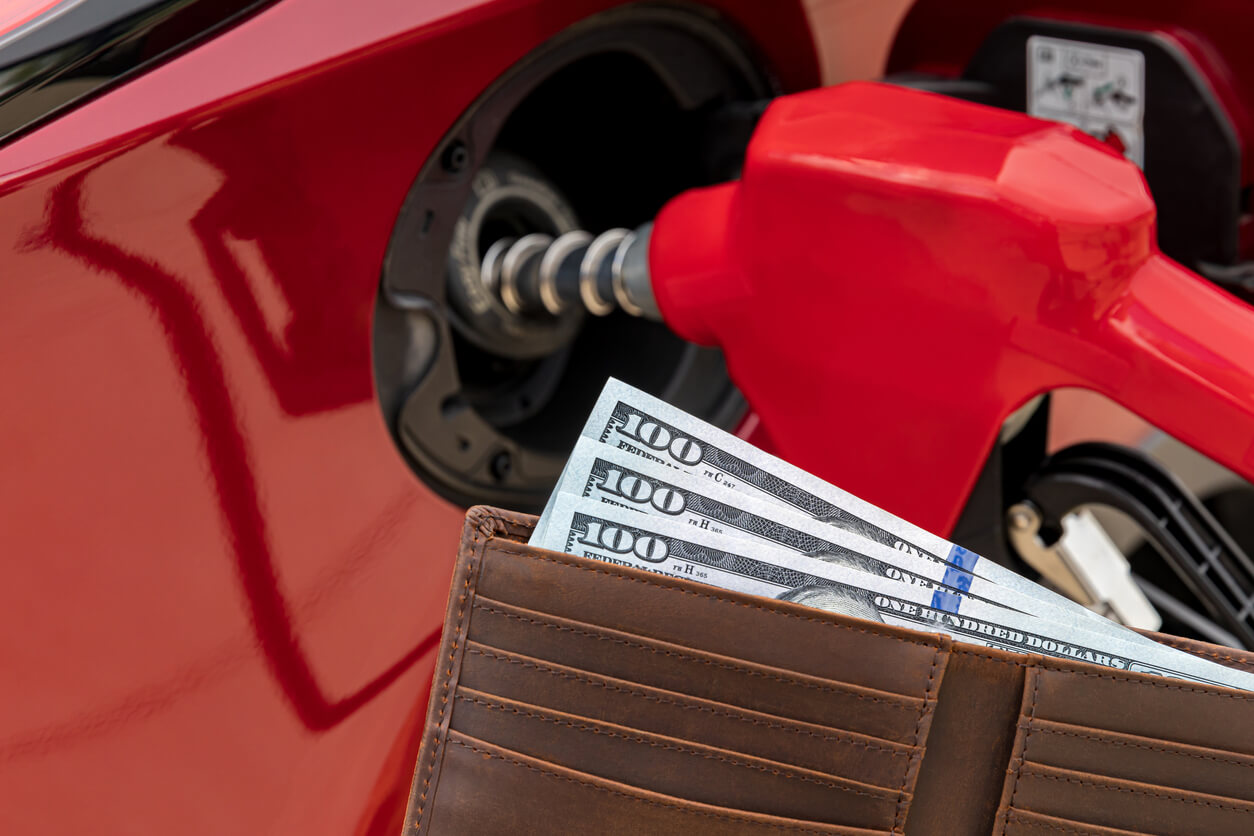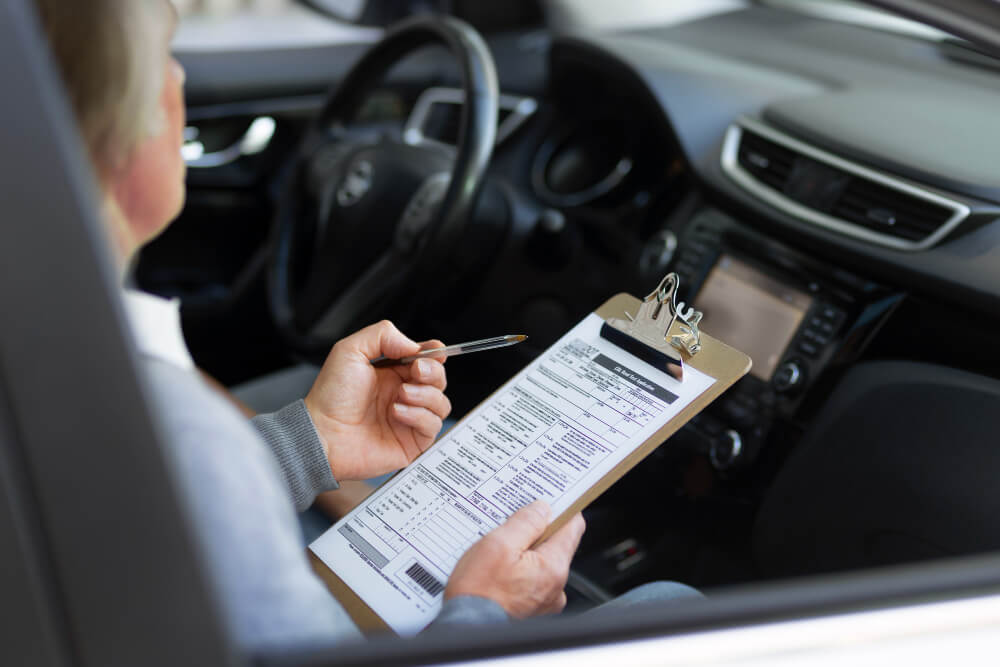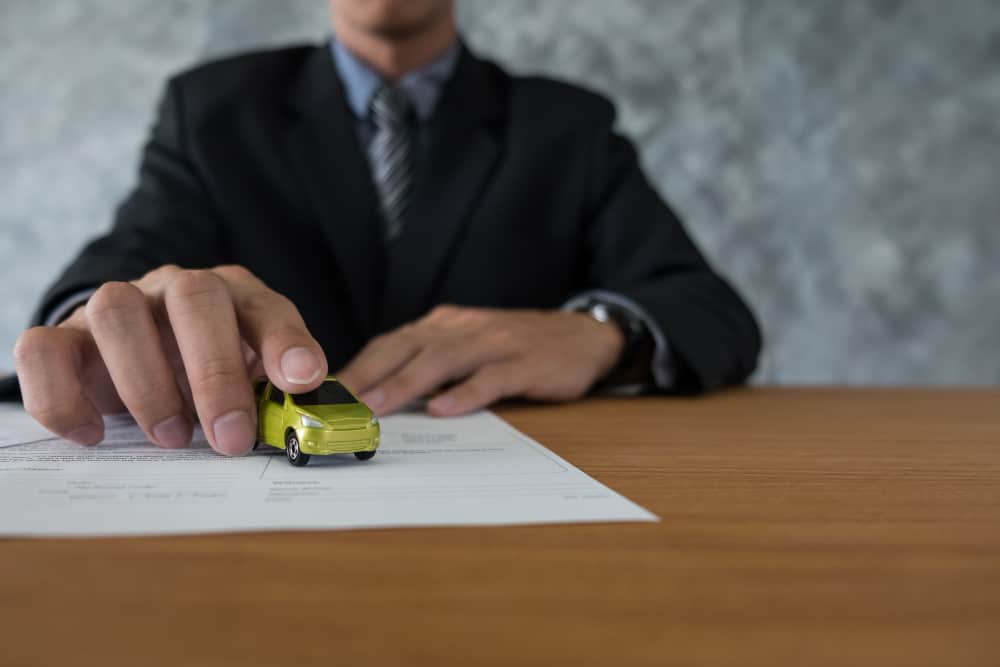With gas prices still at decades-long highs, the classic American road trip is a thing of the past. This year, 40% of Americans said they have cut back on their driving to save money on gas.
While prices are getting a little better, there’s still a lot of room to save. Fortunately, there are ways to get better gas mileage in your car, regardless of the model. Here are some tips for achieving better fuel economy on the road!
Pay Attention to Your Gas Mileage
Okay, we’re going to let you in on a little secret that your vehicle manufacturer doesn’t want you to know. They have a few tricks up their sleeves that can alter the “average mpg” gauge you see on their displays on newer cars. Unfortunately, while they have to be quite close, they aren’t always accurate.
Therefore, you’ll need to pay attention to your own fuel efficiency. When at the gas station, pay attention to how many gallons of gas you put into the car when you fill up. From there, see how far it gets you by paying attention to your odometer.
Drive normally on your first tank. This will help you establish a baseline so you can try to beat it later on!
You don’t have to do this every time if you don’t want. However, doing it a couple of times will give you a good idea of what works and what doesn’t. If you get a new car, then try it again and remain mindful over its lifetime for the best results!
Change Your Air Filter On Time
Your engine air filter needs to be changed at least every other oil change. You need new motor oil in your car every 3000 to 7000 miles depending on your vehicle. Check your owner’s manual to
The reason this is so important is that your car’s engine needs a small amount of fuel but substantial airflow for the ignition to work. Mini explosions are what power your engine, and if it doesn’t have the right combination of fuel and oxygen, it won’t work.
Effectively, in the absence of optimal O2 levels, your car will rely on more fuel to continue running at thousands of small explosions per minute. Not only will this result in lower gas mileage, but it will damage your engine over time.
Consequently, you’ll need a working oxygen sensor, a mass airflow sensor, and a newer air filter to maximize airflow. You can easily check your filter in most vehicles, and if you notice that it’s dirty, replace it right away. It’s $15 that could save you a lot more money in the long run!
Keep Up With Routine Maintenance
While oil and air filters are the most essential, they’re far from the only things that affect your gas mileage. Make sure you change your spark plugs on time (typically every 50,000 to 100,000 miles), align your wheels, get your routine car maintenance done on time, and avoid underinflated tires. If your car’s engine has to work harder than it’s designed to, it won’t last as long and it will require more fuel.
This means that if you see a tire pressure or check engine light, take it in right away. If you hear any concerning noises or feel anything concerning, check it out. If you find a mechanic you trust, build a good relationship and try to visit them often.
Also, make sure you ask questions when you get your regular tune-up or inspection sticker. If you see, hear, or feel something, say something!
Remember, the more preventative maintenance you do, the more you’ll save money on major repairs and at the pump. Even a bad oxygen sensor can cause greater fuel consumption.
Avoid Idling
This one often goes overlooked, but allowing your engine to idle will simply waste gas. If you aren’t going anywhere, shut off your engine.
Of course, this is why new cars have automatic shut-offs when stopped at a stop light. However, this only adds up to a small amount of time for each drive. The real problem is intentional idling, which can eat almost a gallon per hour, according to the Department of Energy.
If you’re the type of person who likes to sit in the car and listen to music or keep the heat running, try bundling up and investing in a portable speaker. It can really help improve the life of your car and your fuel economy!
Practice Mindful Driving
The best thing you can do for your fuel economy and the longevity of your car is to simply drive it like you want it to last. No, we’re not kidding. What you do on the road makes an enormous difference.
Moreover, this includes driving the speed limit, avoiding rapid accelerations, keeping your distance, and other good driving habits. If you have an “average mpg” display, try paying attention to it (as well as the road) and practice smooth and steady accelerations, avoiding harsh braking, and driving at appropriate speeds.
Either way, maintaining your speed is better than going up and down. If you have trouble holding your speed, use cruise control whenever possible.
Highway speeds tend to be great for a car’s gas mileage, but not all cars are equal. Some have more wind resistance or aerodynamic drag at higher speeds. For this reason, many SUVs prefer the 40 mph to 55 mph range as opposed to going excessively fast.
You’ll have to find out your car’s preference to know. This can help you design a better route to work or simply remember to drive at the appropriate speeds while on the road.
Reduce Your AC Use
Running your air conditioner excessively will hurt your gas mileage. When traveling at lower speeds, try to keep your windows down more often. This can help save money on fuel while enjoying what nature has to offer.
While on the highway, make sure you keep your AC on and windows up. This is the lesser of two evils, as open windows will increase wind resistance.
Rid Extra Weight
There’s a lot you can do on the average car to reduce weight. No, don’t get rid of your spare tire or emergency kit. However, if you have a heavy roof rack or a lot of junk in your trunk, purge yourself of this unnecessary weight.
Most of us don’t think about the extra payload we may have in the backs of our cars because we never really look at them. Still, small things can add up, especially over the course of thousands of miles!
Upgrade to a Newer Car
Cars from the 2000s and even most of the 2010s had notoriously bad fuel mileage.
Conversely, a new car is likely to have much better efficiency if all else is equal. Car manufacturers are under a lot of pressure to improve fuel efficiency, which has resulted in some major advancements in recent years.
You’ll find plenty of additives that supposedly offer better fuel economy, but there are zero fuel additives that will increase your gas mileage. Unfortunately, that isn’t how engines work. If it was, all fuel and vehicles would come with it.
Therefore, if you really want fuel savings, you may need to upgrade to a more efficient vehicle. Used cars that are only a few years old tend to be the best bang for your buck.
Choose a Better Commute
Not everybody can switch jobs and work somewhere closer to home. We’re not even saying you should.
However, the less time spent in your car means the less gas you waste. Choosing a route that offers better speeds and less traffic can go a long way. If you know one road is constant stop-and-go traffic when you leave work, consider taking a route that allows you to go at a relatively consistent speed.
Otherwise, consider waiting until the traffic dies down if you can. Unless you need to pick up your children or attend another obligation, try going to the gym after work to avoid rush hour. Traffic can destroy your gas mileage.
Take It Slow
Now that you know how to improve your gas mileage, put these tips to use right away. Not only will it help save money, but it will help reduce your greenhouse emissions and improve the health of your community. Every gallon of fuel saved is well worth the effort.
Stay up to date with our latest automotive news and don’t hesitate to contact us with any questions or for help finding the right vehicle for your needs!




